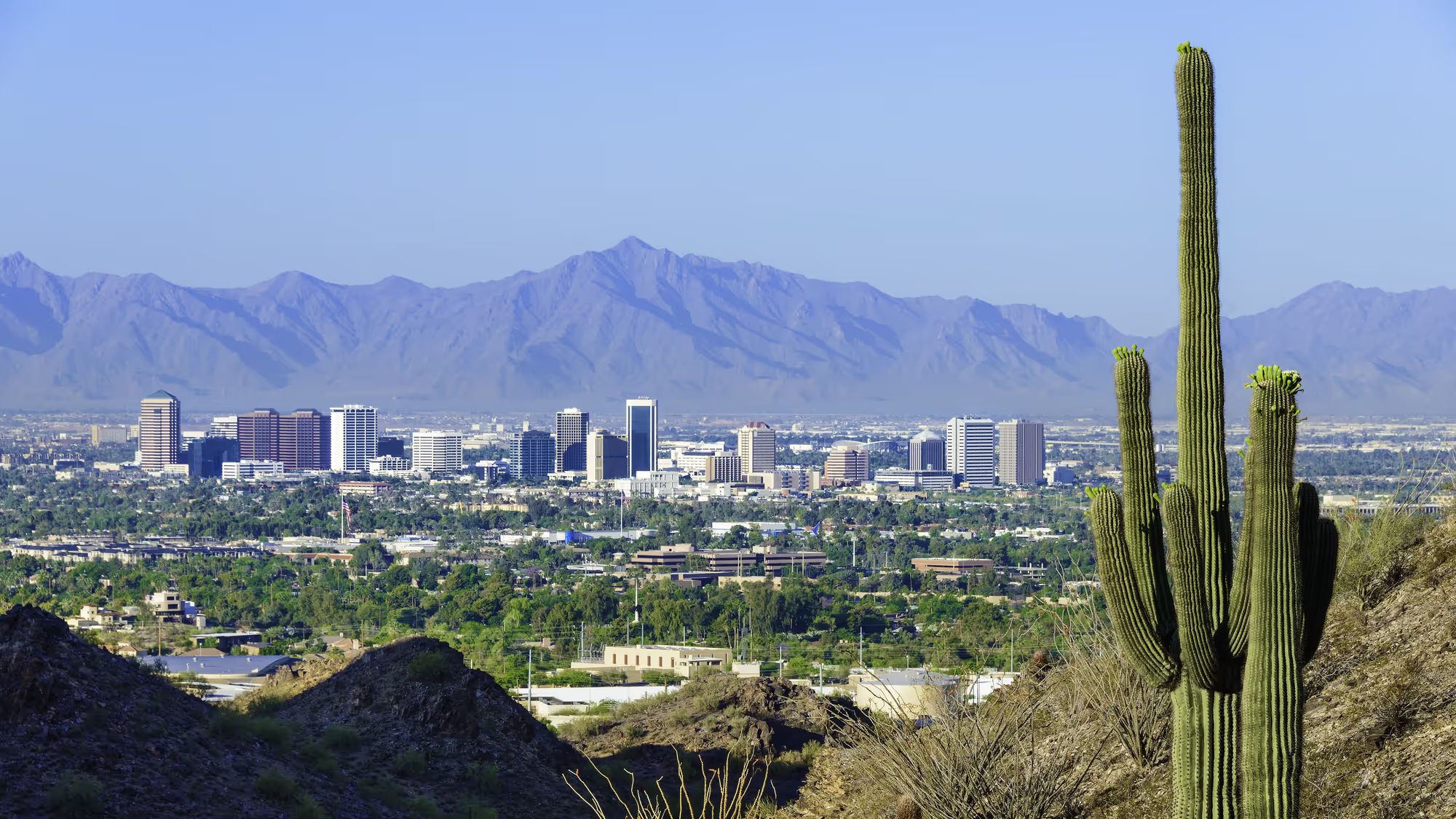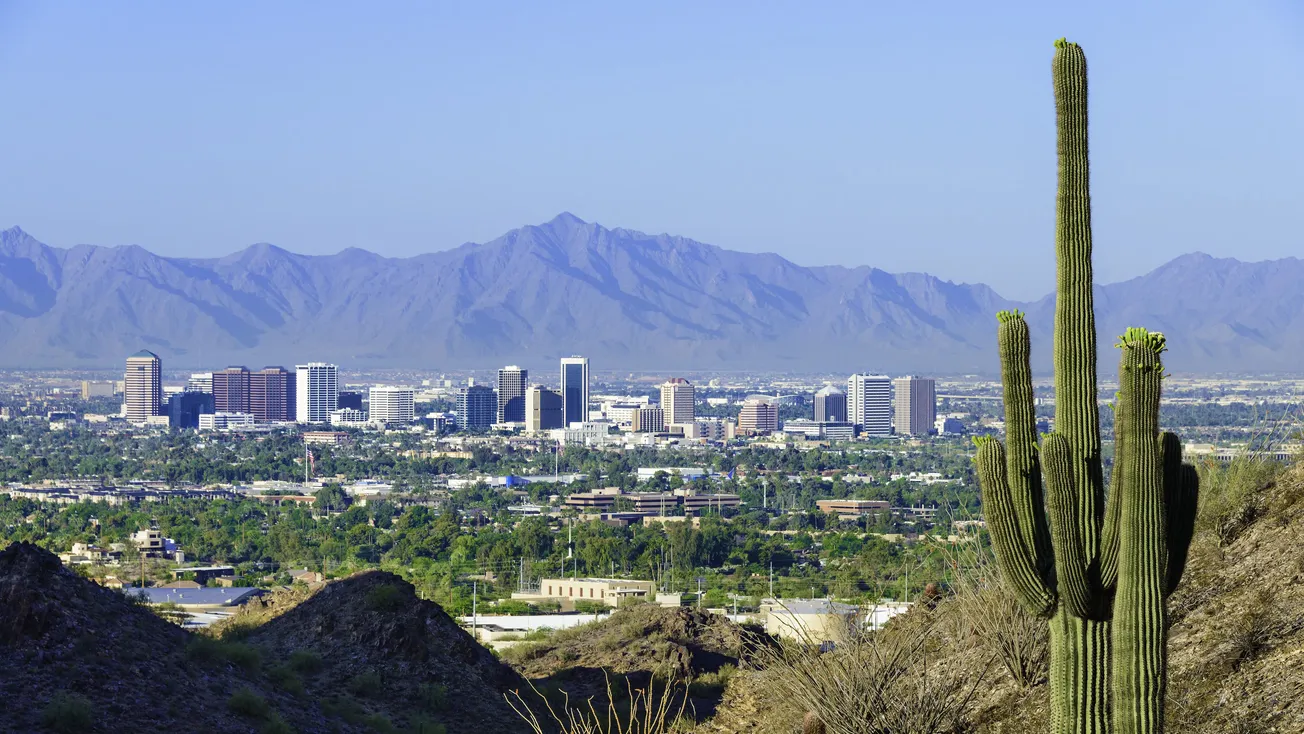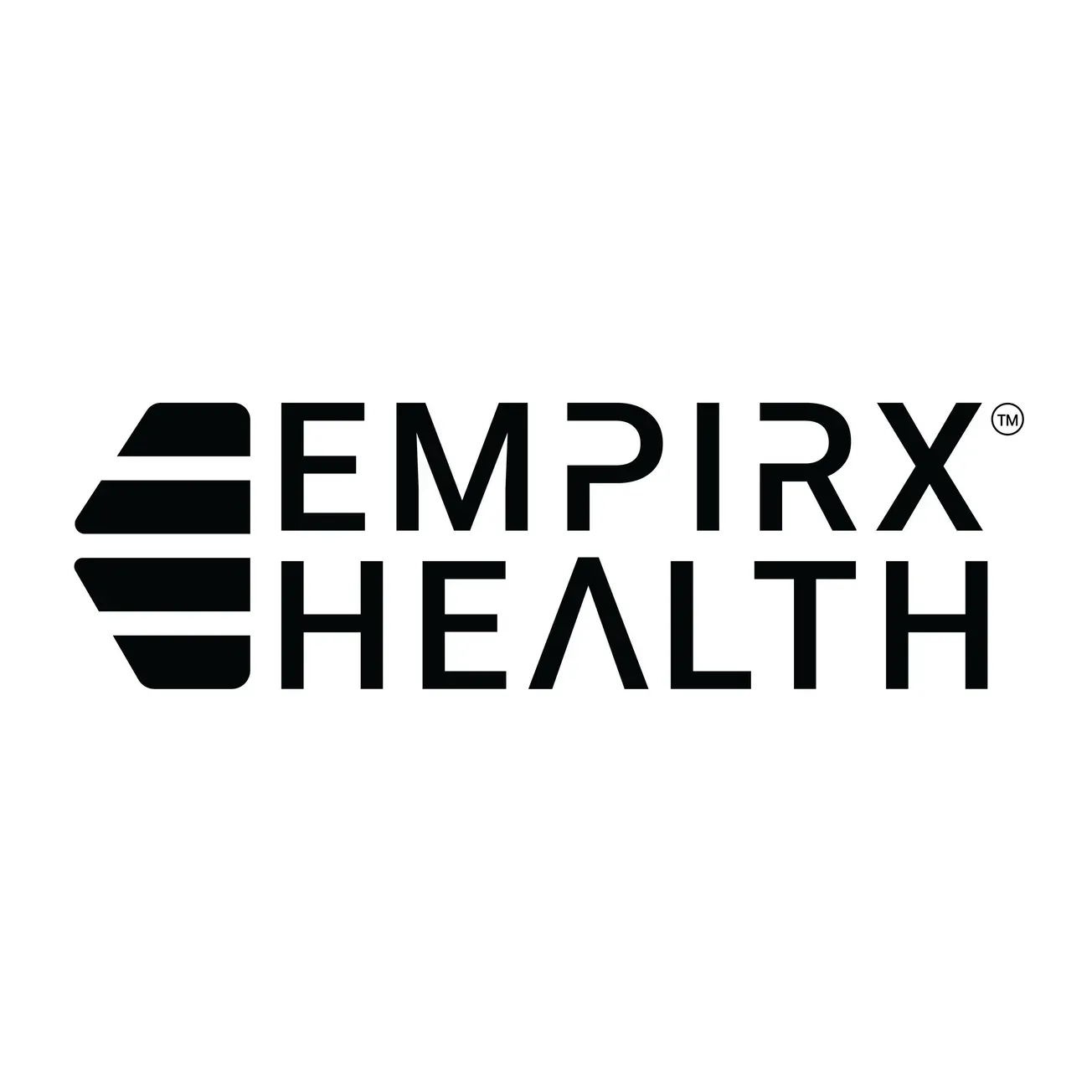WOONSOCKET, R.I. — The American Lung Association and the CVS Health Foundation announced Thursday a new, comprehensive project to significantly bolster the efforts of health care providers and organizations nationwide to achieve cleaner air and improve health outcomes in their communities. The CVS Health Foundation is investing $3.5 million over four years as part of this project to combat this health issue and announced earlier this year they distributed nearly $1 million of the total funding in Phoenix, which ranks among the most polluted cities in the U.S. for ozone and particulate pollution.
"Air pollution impacts everyone, but certain groups are at a higher risk of health harms, including children, older adults, people experiencing poverty and living in underserved communities, individuals who are pregnant, and people with an underlying health condition like lung disease," said Harold Wimmer, President and CEO of the American Lung Association. "According to our recent 'State of the Air' report, people of color are more than twice as likely to be living in an area with unhealthy levels of air pollution. Unfortunately, people of color are also more likely to be living with underlying chronic conditions like heart disease and diabetes. We thank and applaud the CVS Health Foundation for their ongoing commitment to addressing climate change and improving lung health."
In the U.S., more than 131 million people live in counties with unhealthy levels* of ozone or particle pollution levels. While air pollution has improved across much of the U.S., climate change-related events, like wildfires and flooding, threaten this progress and contribute to unhealthy air quality that may cause or worsen lung disease. Ozone and particle pollution can also cause premature death and other serious health effects such as asthma attacks, cardiovascular damage, and developmental and reproductive harm.* While this is a concerning issue, the new project with Lung Association and the CVS Health Foundation is designed to target the most at-risk communities first, expanding educational resources for health care providers and patients, enhancing access to care and supportive services for individuals with lung disease and using air quality data to identify and raise awareness of pollution hotspots.
"As we continue to see climate related events contribute to poor air quality, which is tied to health outcomes, we knew we needed to do more to support the communities we serve," said Sheryl Burke, Chief Sustainability Officer and Senior Vice President of Corporate Social Responsibility. "By teaming up with the American Lung Association and working with local organizations, we aim to combat this health issue and make a meaningful impact for future generations."
The project will focus on the following areas:
- For health care providers, the organizations will create and distribute tools to help them improve care for people with lung disease during poor air quality days. With the health threats from poor air quality growing as climate change intensifies, physicians and other health care providers need resources to help their patients.
- For people living with lung disease, the campaign will empower them to take steps that reduce their risk of health complications during days with unhealthy air. The Lung Association will work with people living with lung disease, so they know exactly what to do on days with poor air quality. This includes making sure they have an asthma or COPD action plan in place, and when to seek medical care.
- To promote policies to protect lung health and help develop educational programs, the campaign will leverage local air quality data. The Lung Association will distribute air sensors that will provide residents access to air quality data and the opportunity to learn about potential health impacts in target neighborhoods. The organization will also work with community members and health professionals to share that data with others to advocate for change.
To address communities with the greatest need, the project will target this work in specific cities where people bear a disproportionate burden from climate change and air pollution. The pilot program will take place in Phoenix, Arizona, a city that faces extreme heat, poor air quality and growing impacts from climate change. To learn more, visit the American Lung Association.










